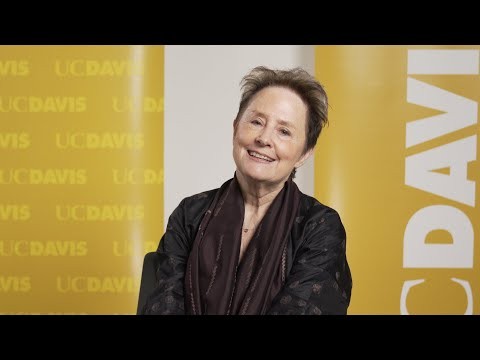The Alice Waters Institute for Edible Education
Alice Waters Announces Aggie Square Collaboration with UC Davis School of Education
On Thursday, January 16th, UC Davis Chancellor Gary S. May announced an exciting new partnership with Alice Waters — founder of Berkeley’s Chez Panisse and The Edible Schoolyard Project. A farm-to-table leader, Waters has been vice president of Slow Food International for nearly two decades. Her new food institute, the Alice Waters Institute for Edible Education, will open at UC Davis’ Aggie Square in Sacramento, bringing together experts from across disciplines such as education, health care, agriculture, policy and business to innovate solutions for healthy, sustainable and equitable food systems.
In cooperation with the UC Davis School of Education, the Alice Waters Institute will benefit local K-12 students and foster curricular development to support food-based learning and environmental stewardship across disciplines. Gardens and kitchens will serve as interactive classrooms for food literacy, providing opportunities for educators, faculty, and students. Through interdisciplinary research of organic agriculture, carbon-reducing climate solutions, public health scholarship, and environmental education, the Alice Waters Institute is intended to lead a creative vision for the health of our communities and our planet. Sacramento Mayor, Darrell Steinberg said, “Alice Waters is an ideal partner for UC Davis and the city of Sacramento as we work to diversify and expand our economy…. She is not only passionate about food, she is passionate about improving the lives of all children by teaching them about nutrition and how to grow healthy things to eat.”
Aggie Square’s “food and health”-themed building will face a new outdoor market pavillion. Construction is slated to begin in mid-2021, but discussions about programming and collaboration are well underway. We are excited about the many intersections between the mission of the Alice Waters Institute and our Center’s work on environmental learning, climate change mitigation, and agriculture-based community and citizen science.









